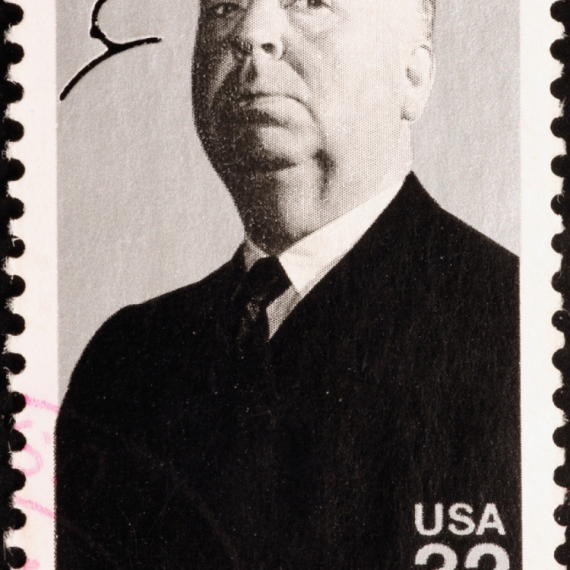U.S.-NATO plan to defend Baltics from Russia
The US and NATO have drawn up plans to defend NATO's Baltic members against Russia, latest US diplomatic cables disclosed by Wikileaks show, BBC reports.
Tuesday, 07.12.2010.
09:50

The US and NATO have drawn up plans to defend NATO's Baltic members against Russia, latest US diplomatic cables disclosed by Wikileaks show, BBC reports. The cables, published in the Guardian, reveal plans to expand an existing strategy to defend Poland to include Estonia, Latvia and Lithuania. U.S.-NATO plan to defend Baltics from Russia Wikileaks is releasing hundreds of diplomatic cables, angering the US. The latest leaked documents show that in January this year, US Secretary of State Hillary Clinton apparently signed a confidential cable saying allies in NATO had agreed to expand the contingency plan to defend Poland, to include the Baltic states. The nine NATO divisions involved would be American, British, German and Polish, the Guardian says, citing information leaked to Polish newspaper Gazeta Wyborcza. The cables say the military plans should not be discussed publicly as it might lead to an unnecessary increase in NATO-Russia tensions. BBC World Affairs correspondent Peter Biles says the documents should be seen against the background of Washington's efforts to "reset" its relations with Russia and improve co-operation. One secret cable from the US mission to NATO in Brussels revealed that US Admiral James Stavridis, the alliance's top commander in Europe, had proposed in January expanding NATO's contingency plans for defending Poland - known as Eagle Guardian - to include Lithuania, Latvia, and Estonia. The cable adds: "The expansion was formally submitted to Allies for decision under a silence procedure." Another cable, signed by Mrs Clinton, instructs US embassies how to deal with the new NATO plan for the Baltic states, and stresses that the project must be kept secret. "We see the expansion of Eagle Guardian as a step toward the possible expansion of NATO's other existing country-specific contingency plans into regional plans," it says. Analysts say other cables show a degree of frustration between Warsaw and Washington over plans to deploy Patriot air defence missiles to Poland. This had been the key price for a Polish decision to back the Bush administration's wider missile defence plans. But rather than getting operational systems with their full crews, the Poles received only launchers minus their missiles and a token number of US troops. One senior Polish official is quoted in a cable from February 2009 as telling the Americans that his country expected to get operational missiles and not what he called "potted plants". (Beta/AP)
U.S.-NATO plan to defend Baltics from Russia
Wikileaks is releasing hundreds of diplomatic cables, angering the US.The latest leaked documents show that in January this year, US Secretary of State Hillary Clinton apparently signed a confidential cable saying allies in NATO had agreed to expand the contingency plan to defend Poland, to include the Baltic states.
The nine NATO divisions involved would be American, British, German and Polish, the Guardian says, citing information leaked to Polish newspaper Gazeta Wyborcza.
The cables say the military plans should not be discussed publicly as it might lead to an unnecessary increase in NATO-Russia tensions.
BBC World Affairs correspondent Peter Biles says the documents should be seen against the background of Washington's efforts to "reset" its relations with Russia and improve co-operation.
One secret cable from the US mission to NATO in Brussels revealed that US Admiral James Stavridis, the alliance's top commander in Europe, had proposed in January expanding NATO's contingency plans for defending Poland - known as Eagle Guardian - to include Lithuania, Latvia, and Estonia.
The cable adds: "The expansion was formally submitted to Allies for decision under a silence procedure."
Another cable, signed by Mrs Clinton, instructs US embassies how to deal with the new NATO plan for the Baltic states, and stresses that the project must be kept secret.
"We see the expansion of Eagle Guardian as a step toward the possible expansion of NATO's other existing country-specific contingency plans into regional plans," it says.
Analysts say other cables show a degree of frustration between Warsaw and Washington over plans to deploy Patriot air defence missiles to Poland.
This had been the key price for a Polish decision to back the Bush administration's wider missile defence plans.
But rather than getting operational systems with their full crews, the Poles received only launchers minus their missiles and a token number of US troops.
One senior Polish official is quoted in a cable from February 2009 as telling the Americans that his country expected to get operational missiles and not what he called "potted plants".

















































Komentari 21
Pogledaj komentare